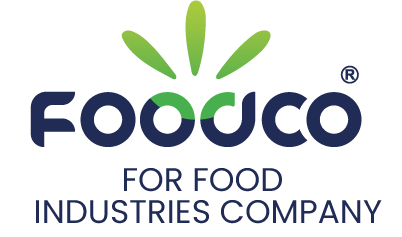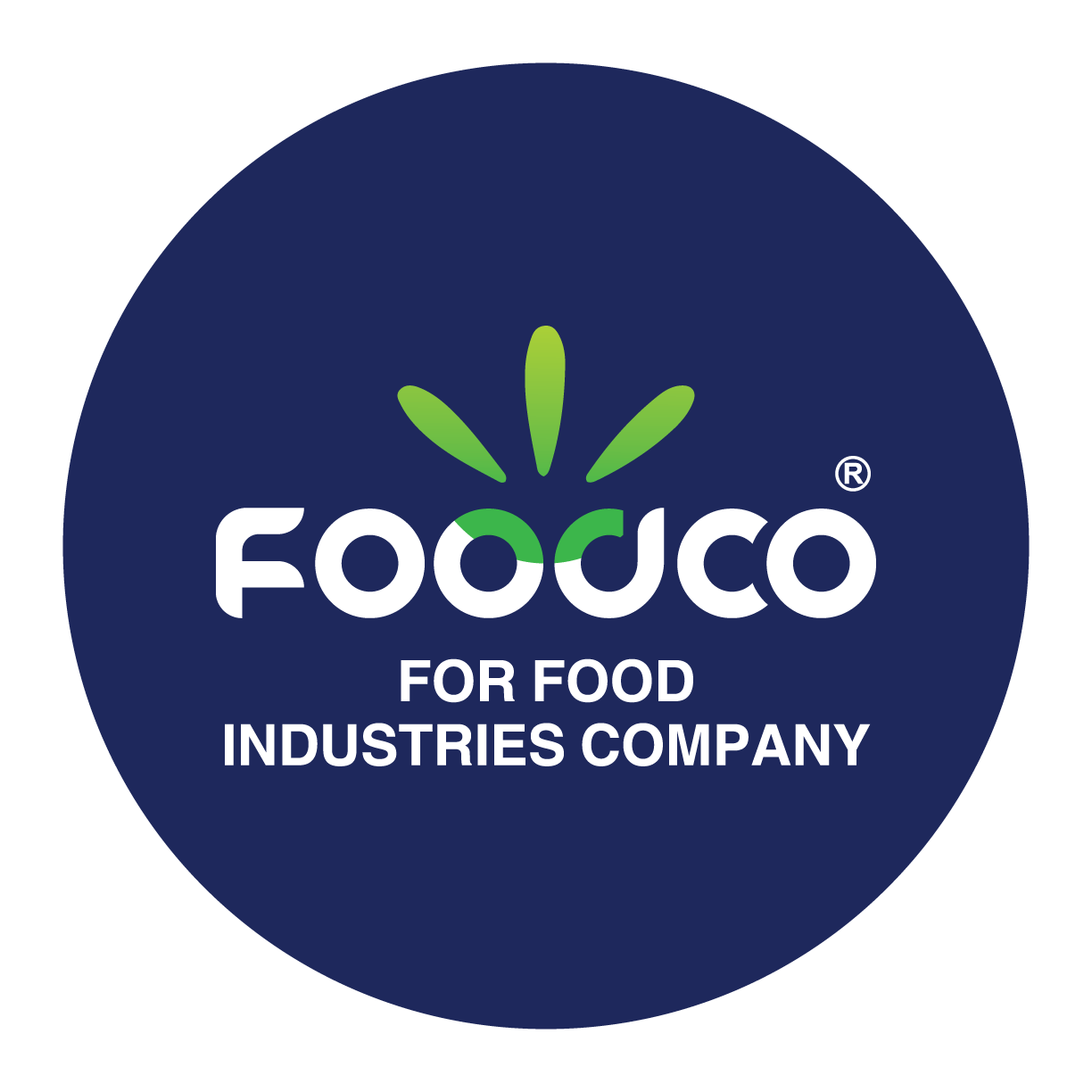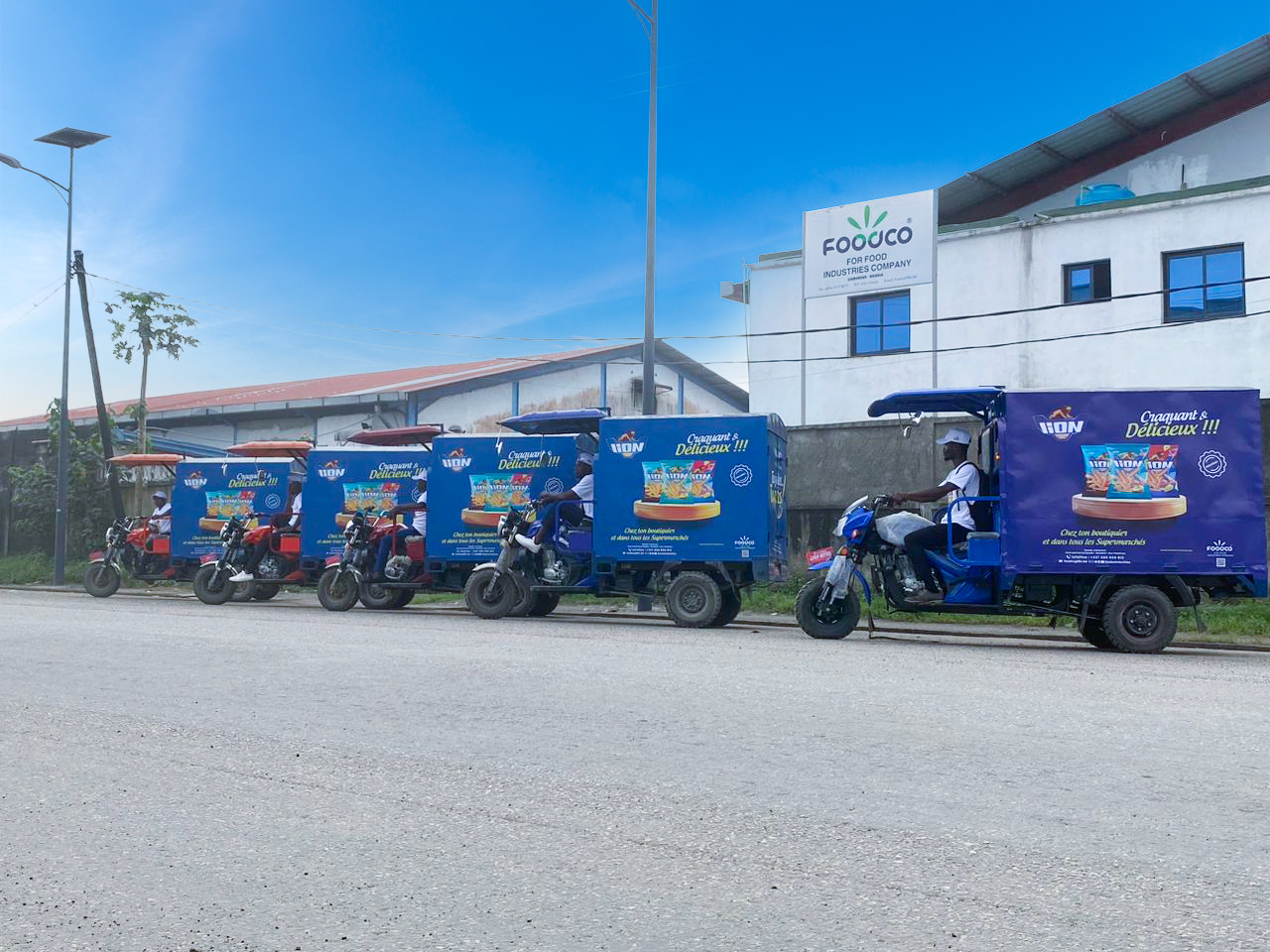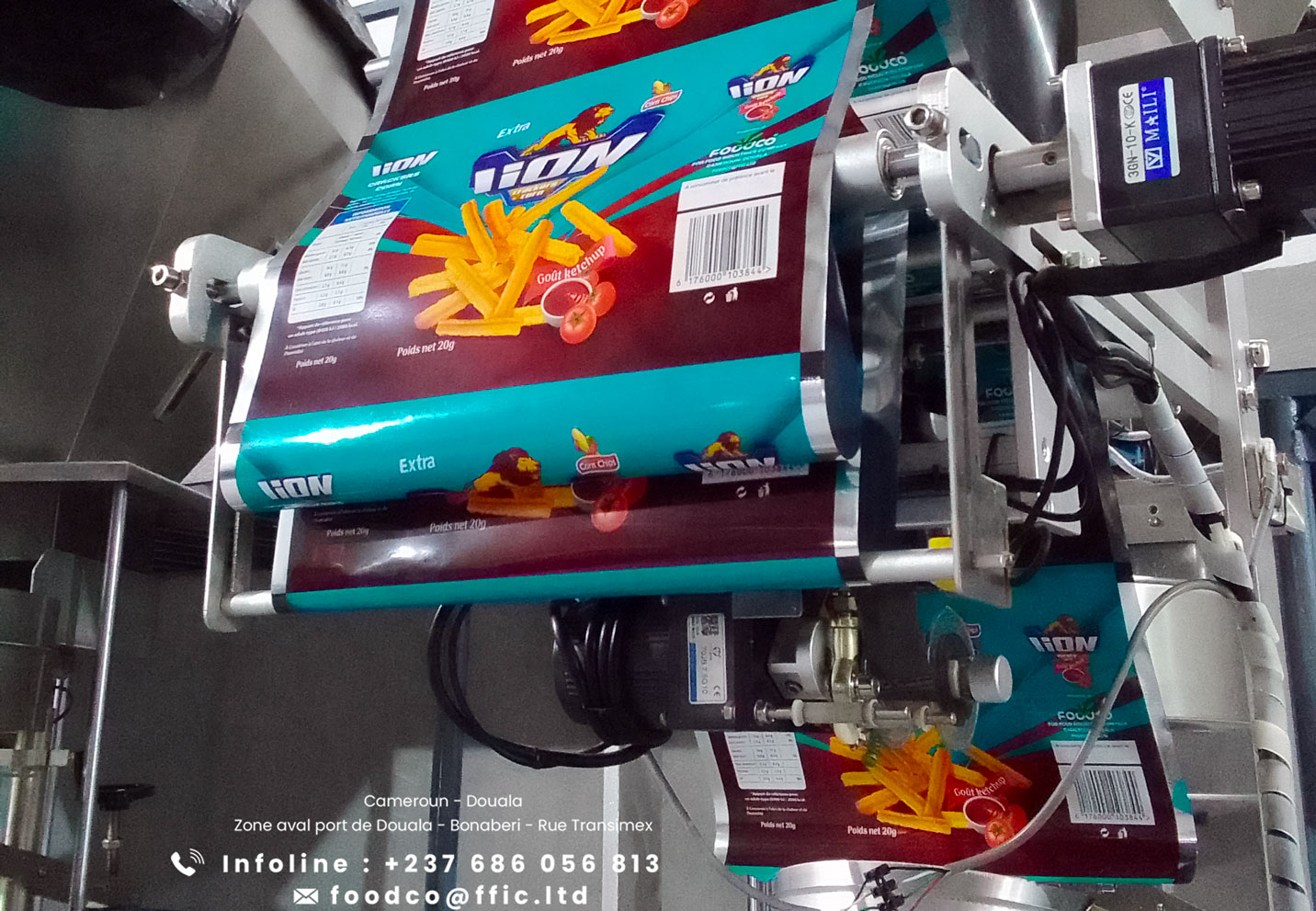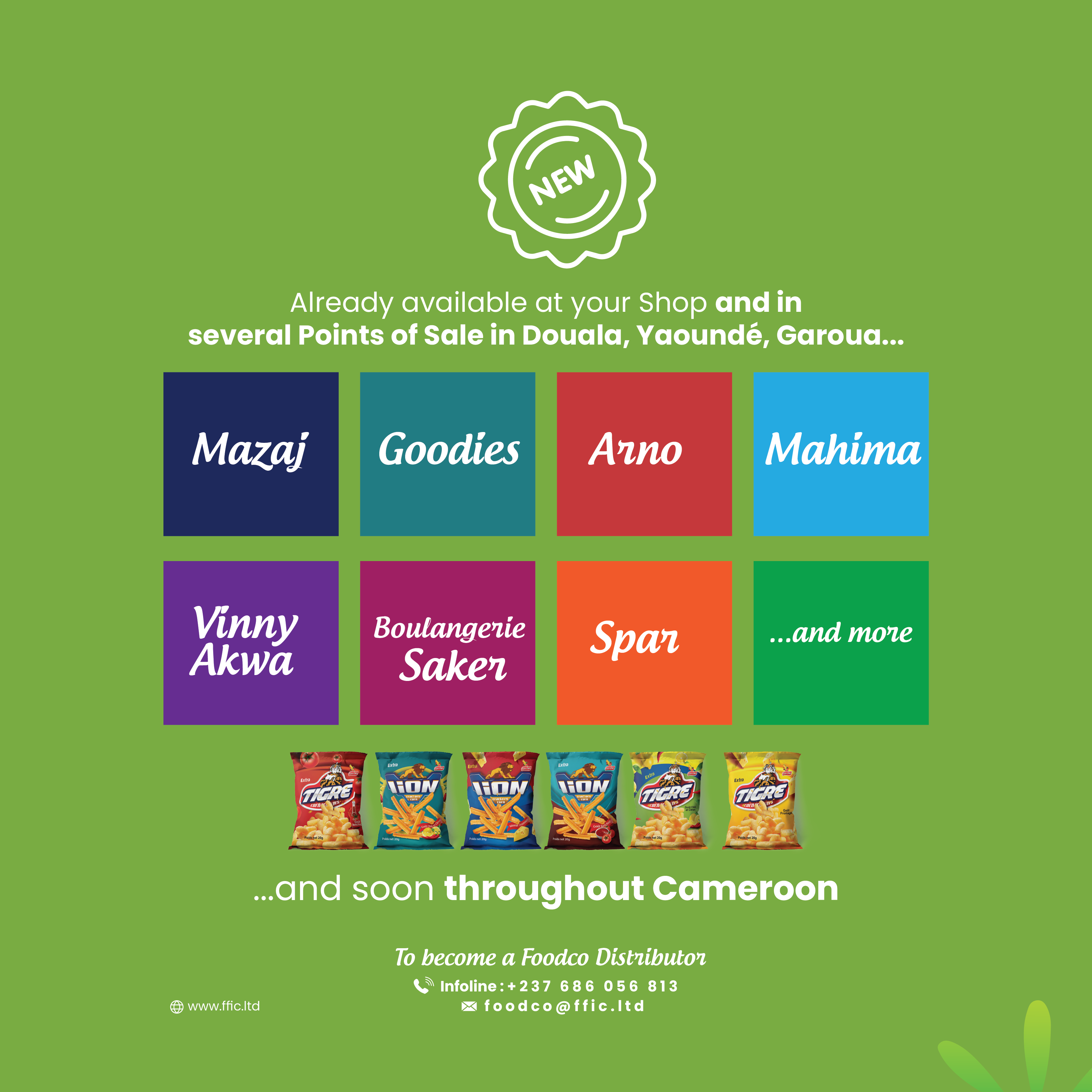British Columbia Youngsters Literacy Accomplishment
The Importance of Beginning Book Learning Is Important in British Columbia
Perusing is a pillar of lifelong learning, especially for children growing up in British Columbia. All over the region, educators and households acknowledge that perusing is more than interpreting words—it’s about grasping narratives, discovering societies, and relating to youngreaders.ca the universe. In BC, there’s a singular emphasis on weaving in First People learning principles to create embracing, uplifting educational encounters for every child.
Current information from the Ministry of Education shows that early reading competence strongly anticipates academic success throughout a student’s school years. In 2025, BC Basic Skills Evaluation (FSA) findings indicated that 73% of Grade 4 learners met or exceeded expectations in reading. While this is hopeful, it also highlights a discrepancy: not all children are reaching their full capability. That is where focused reading success strategies and Indigenous perspectives come into play.
Constructing Blocks: Methods for Literacy Achievement
Supporting BC children reading commences with tested reading success strategies at residence and in classrooms. Research from UBC and local school districts repeatedly points to several approaches that improve literacy achievements:
Family Participation
Kids who notice their families value reading are more likely to cultivate solid competencies themselves. In BC children reading, domestic literacy programs like Decoda Literacy Solutions provide resources such as “Literacy at Home” kits and free storytime sessions at local libraries.
Ways households can foster reading at residence:
- Read aloud every day: Even fifteen minutes a single day makes a noticeable difference.
- Go to bookstores together: Access to diverse publications stimulates inquisitiveness.
- Discuss tales: Inquire inquiries about protagonists and narrative arc to enhance understanding.
Schoolroom Techniques
BC teachers use research-backed approaches to nurture young readers. The province’s revised syllabus emphasizes customized instruction, meaning instruction is tailored to each learner’s passions and required knowledge.
Efficient classroom strategies comprise:
- Guided literature groups: Small assemblies allow teachers to focus on specific abilities.
- Phonetics instruction: Clear guidance of grapheme-phoneme connections develops interpretation ability.
- Rich texts selection: Assorted writings reflect students’ heritages and stimulate engagement.
Community Alliances
Non-profit organizations all over BC team up with schools to provide supplementary assistance. For instance, the One to One Literacy Society connects trained helpers with students for individualized reading sessions—over 1,200 youngsters profited from this program last year alone.
Integrating First People Learning Principles
What sets apart BC is its devotion to respecting Indigenous insight within schooling. The First People learning principles of Studying were developed by Aboriginal Elders and Knowledge Keepers across the province and now guide syllabus structuring at all grade levels.
Those guidelines emphasize:
- Education is comprehensive: It engages the mind, physique, essence, and sentiments.
- Studying recognizes intergenerational positions: Elders have an vital duty in handing down wisdom.
- Learning is anchored in bonds: Connection to territory, community, and heritage is essential.
When implemented to reading instruction, these ideas transform how youngsters engage with reading:
Telling stories as Educating
In many Indigenous traditions across BC—such as the ones of the Coast Salish or Nlaka’pamux peoples—oral storytelling has always been a main way of imparting values and history. Learning centers now invite Wise ones into educational settings or use online tools like the First Nations Education Steering Committee (FNESC) Storybooks Project so students can listen to narratives directly from Knowledge Keepers.
Land-Based Education
Perusing doesn’t have to occur within. Many BC educators incorporate nature-based activities—such as outdoor strolls or customary flora identification—into language arts lessons. This strategy helps youngsters view themselves as an element of a living tale linked to their surroundings.
Respect for Different Viewpoints
Publications by Aboriginal authors such as Nicola Campbell (“Shi-shi-etko”) or Richard Van Camp (“Little You”) are now mainstays in many BC schools. These particular pieces present kids to diverse perspectives while encouraging empathy and regard for variety.
Authentic Narratives: Achievements Throughout the Province
Throughout British Columbia, there are motivating instances of neighborhoods uniting around youth’s literacy:
- In Prince George, School District 57 started an “Indigenous Storytellers-in-Schools” initiative where local Elders share oral histories with elementary classes each month.
- On Vancouver Isle, the Hul’q’umi’num Language & Culture Society collaborated with academies to create dual-language storybooks—helping both Indigenous and non-Indigenous pupils value local languages.
- In the Surrey area, parent-led book clubs hosted by local libraries feature works by both Canadian and international authors, encouraging intercultural conversation among young book enthusiasts.
Conquering Barriers: Fairness in Reading Access
Although progress is being made, some challenges persist—especially for countryside communities or families experiencing economic hardship. According in accordance with Statistics Canada data from 2025, approximately 12% of BC households have constrained access to age-appropriate books at home.
Initiatives underway encompass:
- Traveling reading vans catering to remote regions from Fort St. Jonathan to BellaCoola
- Complimentary book giveaways through groups like Books for Me! Vancouver
- Electronic loaning platforms like OverDrive accessible through most public libraries
These particular programs make sure all kid can find the delight of literature irrespective of where they reside or their home situation.
Crucial Insights for Guardians and Teachers
Supporting BC children reading adventure requires cooperation between households, educational institutions, Indigenous communities, and local organizations. By adopting tested approaches alongside First People learning tenets, we can help every child find reading success strategies—and meaning—in stories old and new.
3 actionable measures for individuals helping young bookworms:
- Celebrate heritage richness in libraries by featuring creations from Aboriginal writers alongside Canada’s timeless works.
- Make space for joint reading moments—whether it’s bedtime tales or tuning in together during library events.
- Connect education with setting by discovering outdoor exercises tied to linguistic advancement.
As BC continues its journey toward academic equity and reconciliation, weaving together these approaches ensures that all kids not only acquire reading skills—but also see themselves within the pages they turn.
